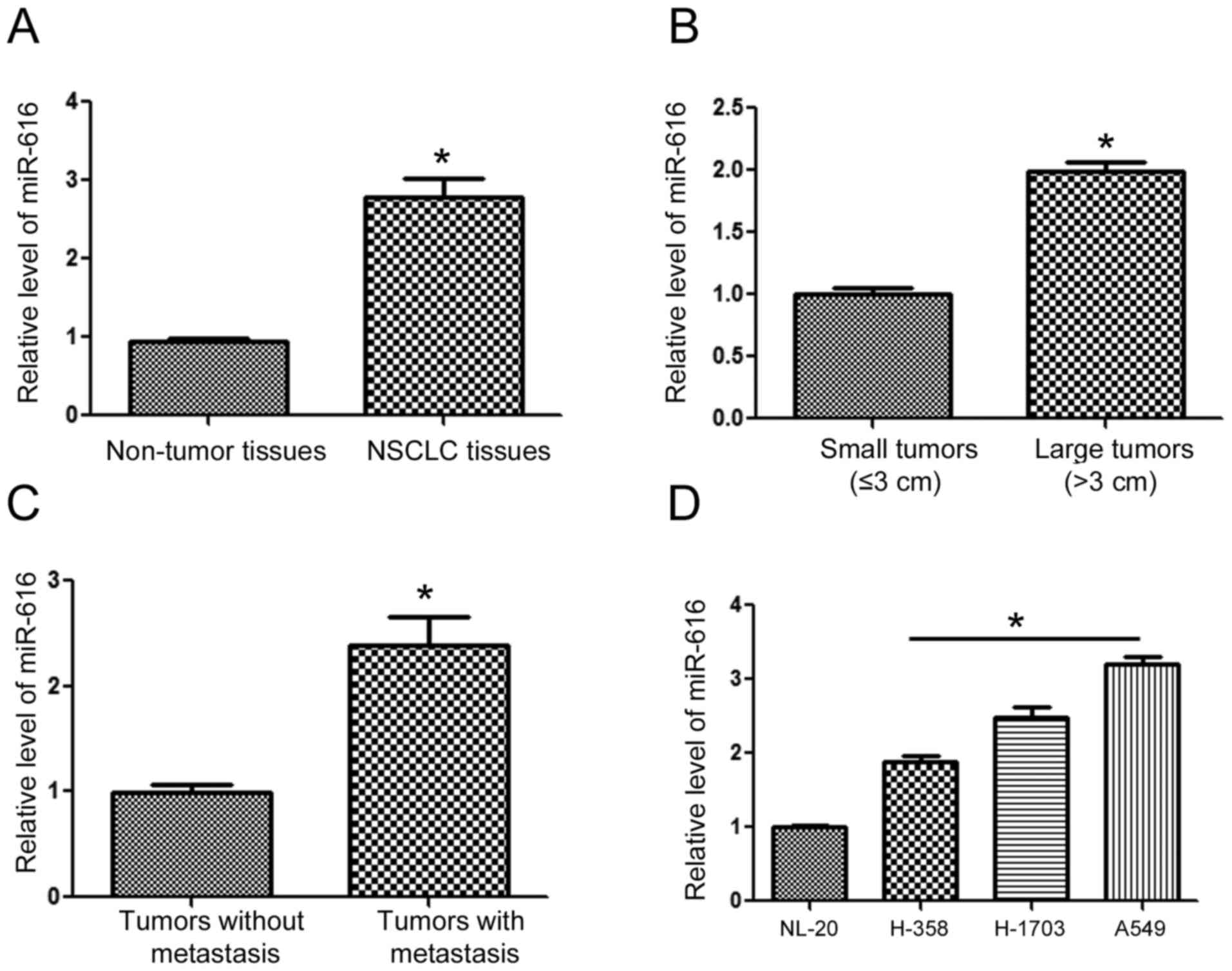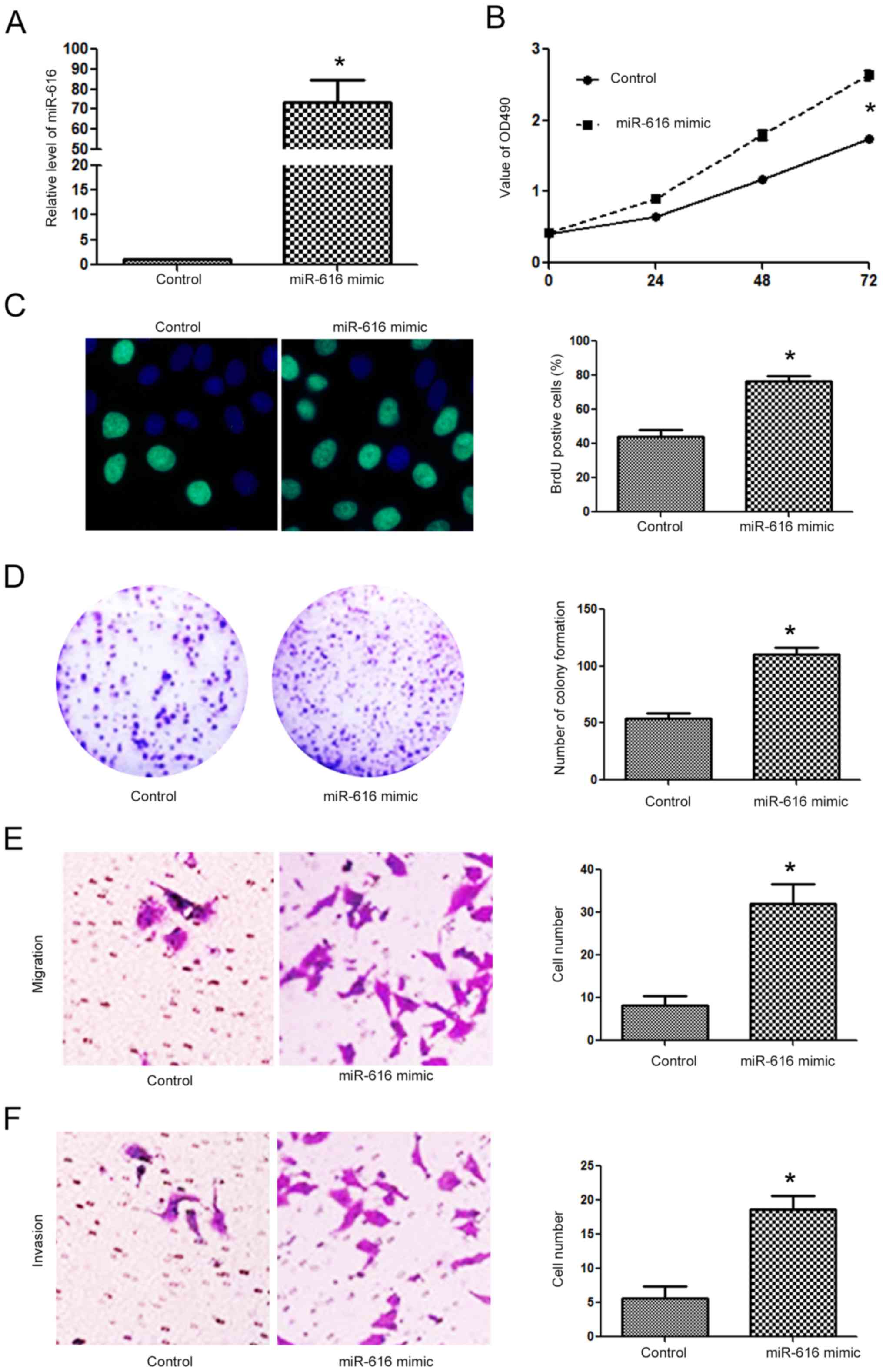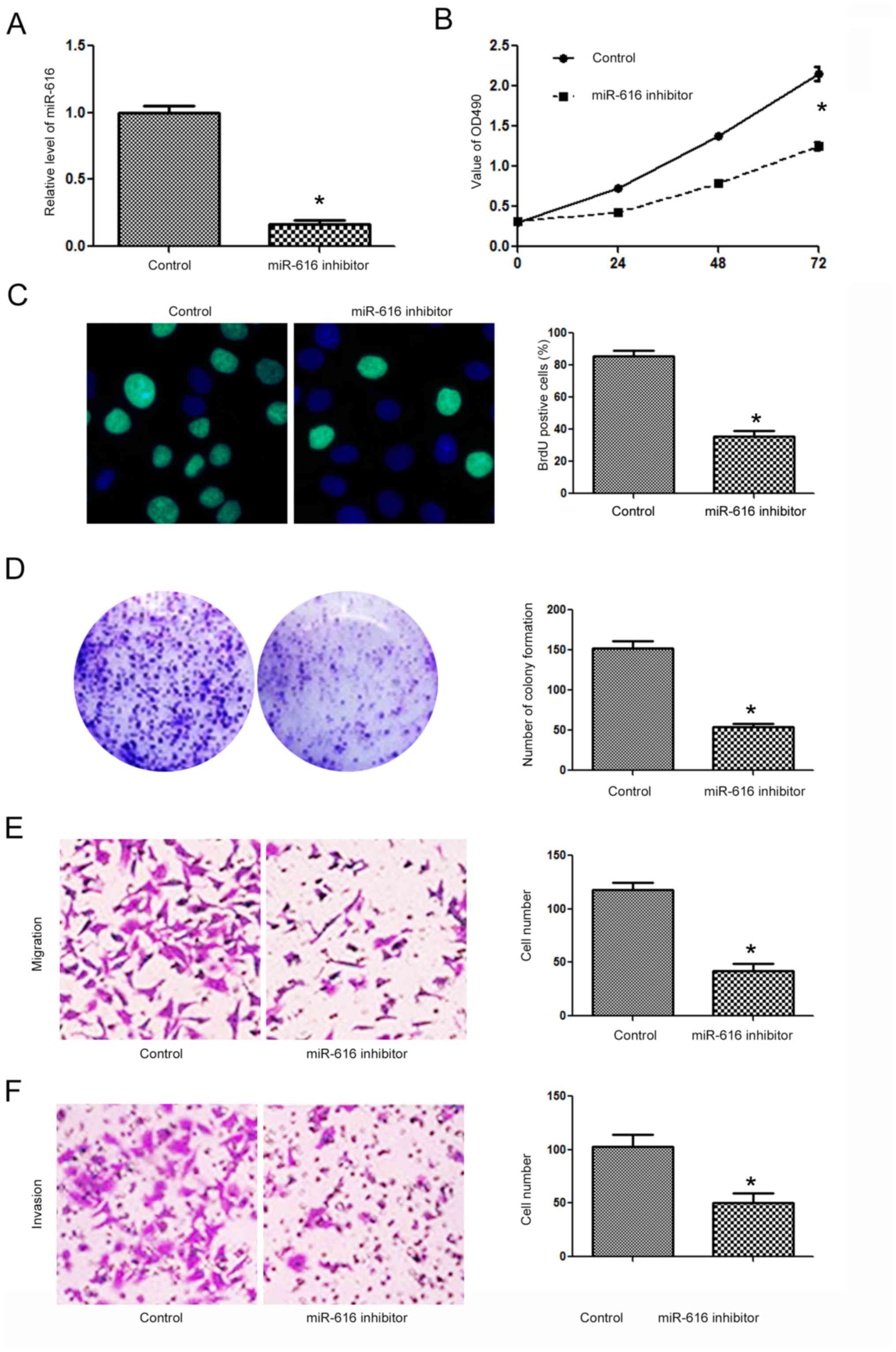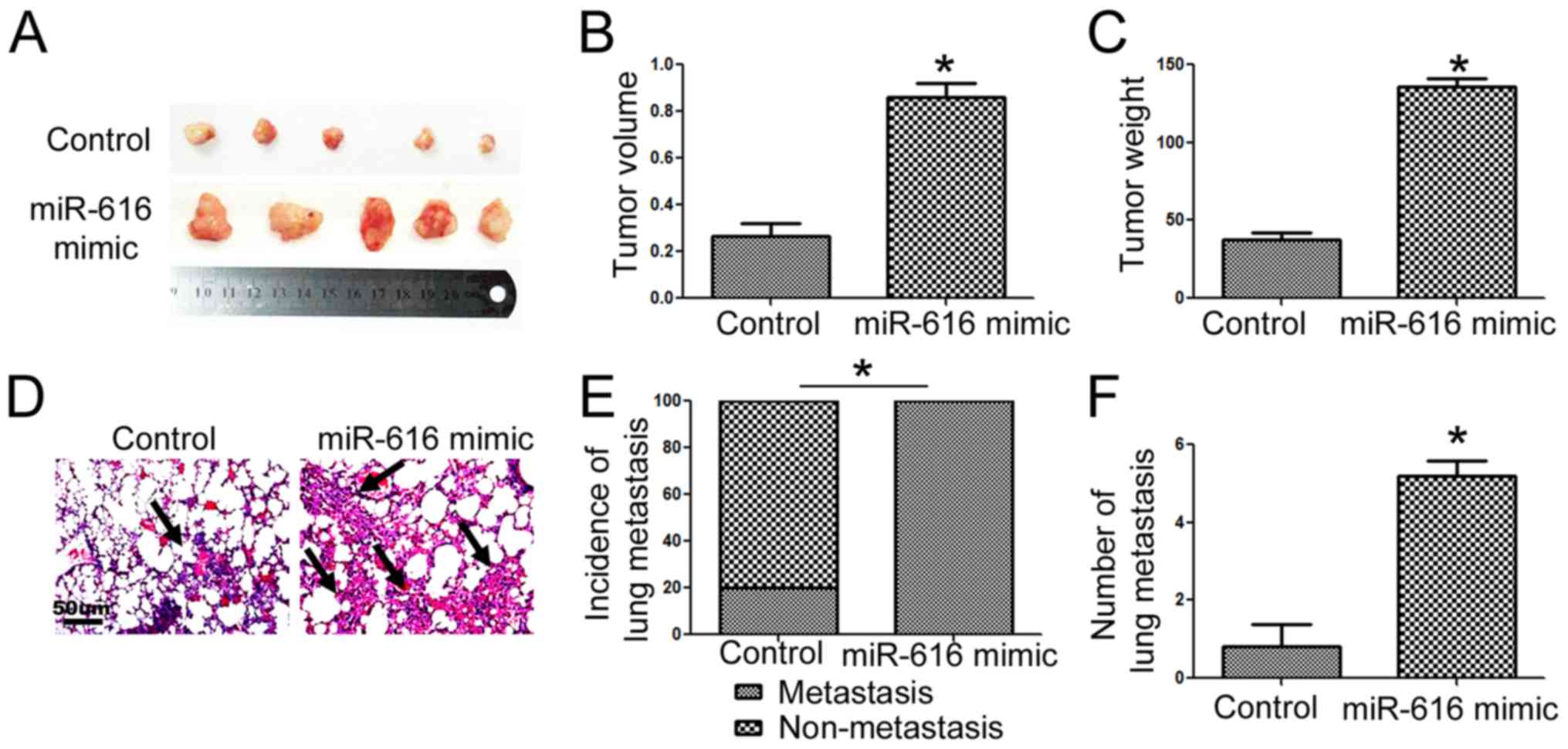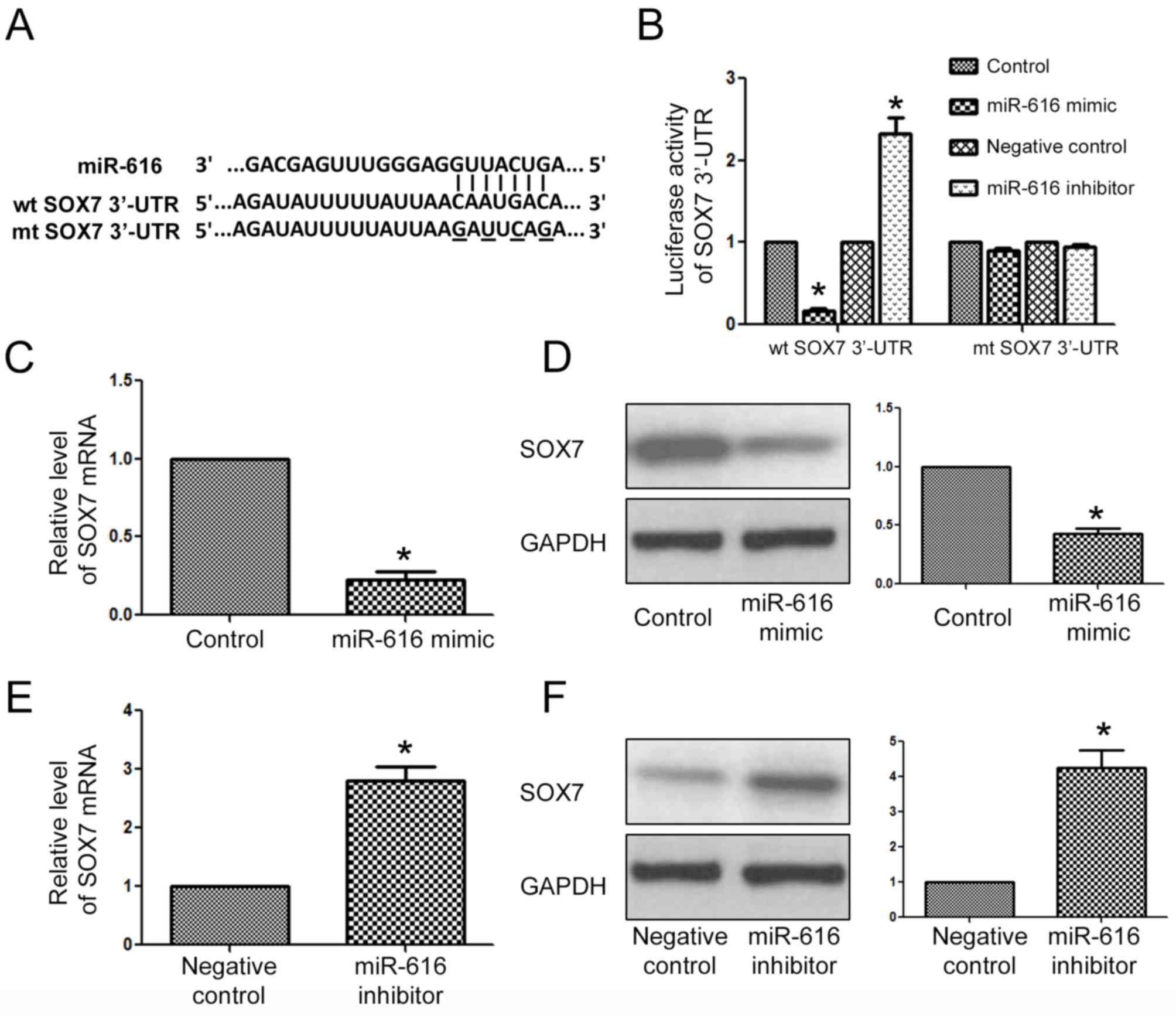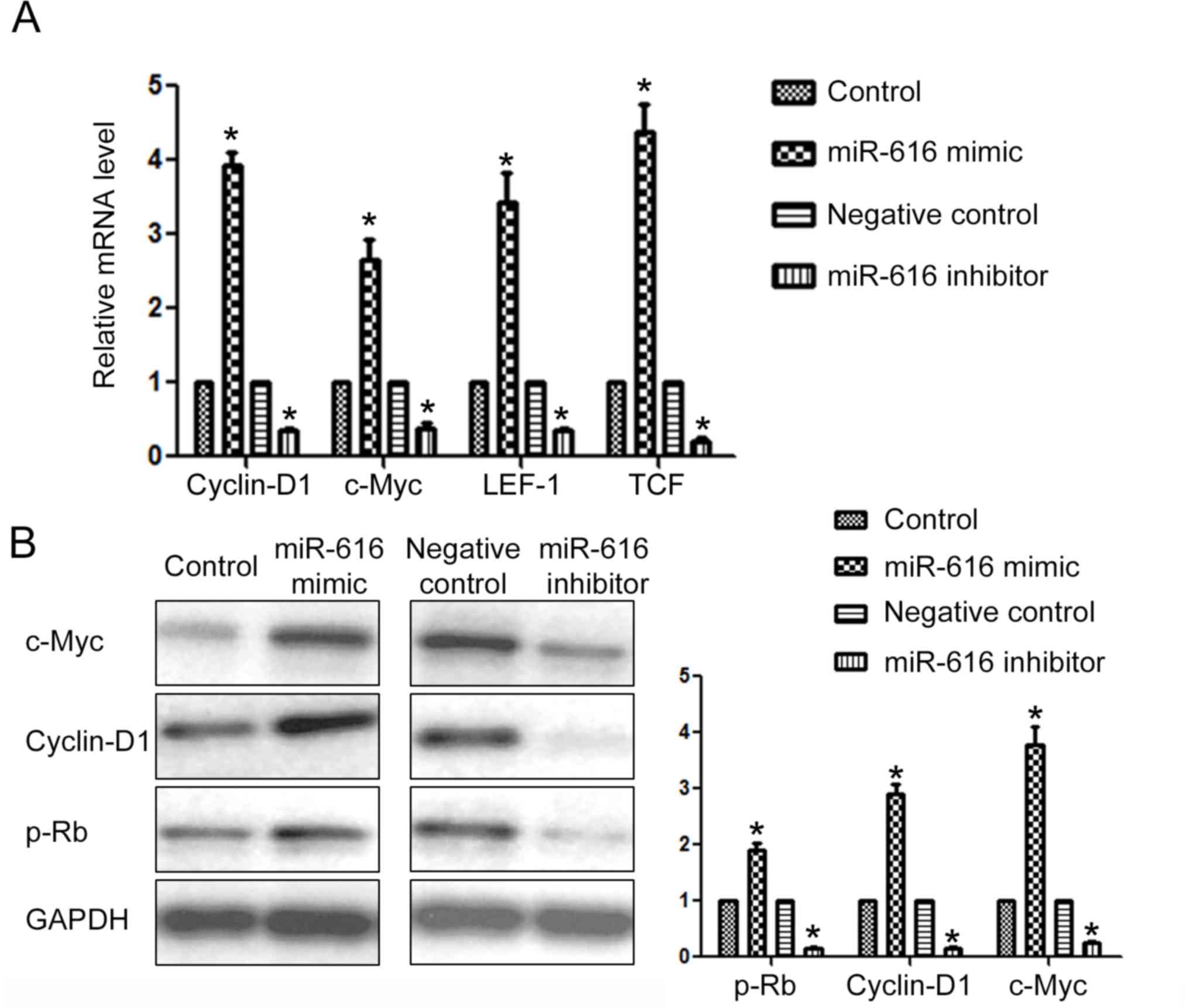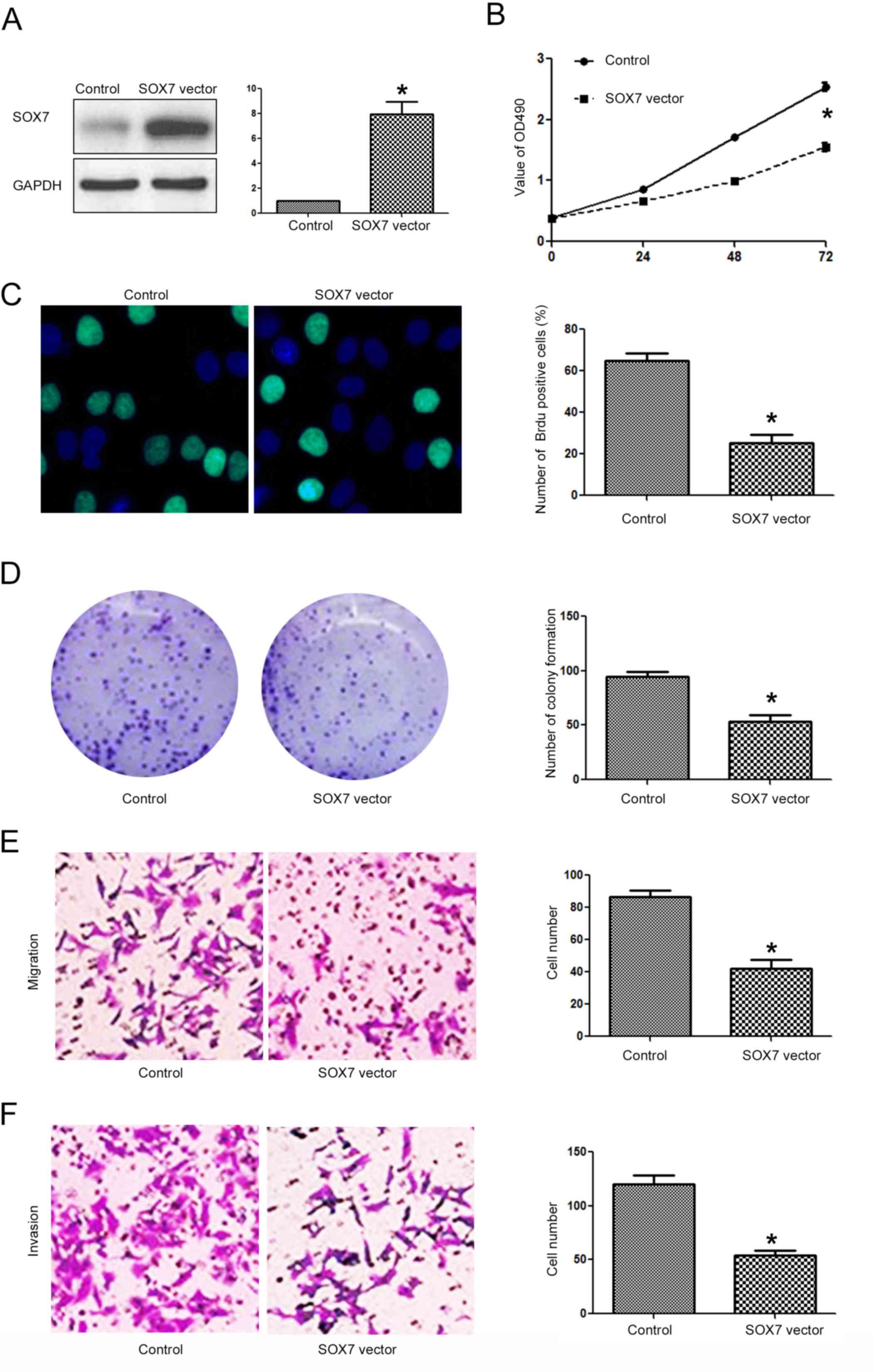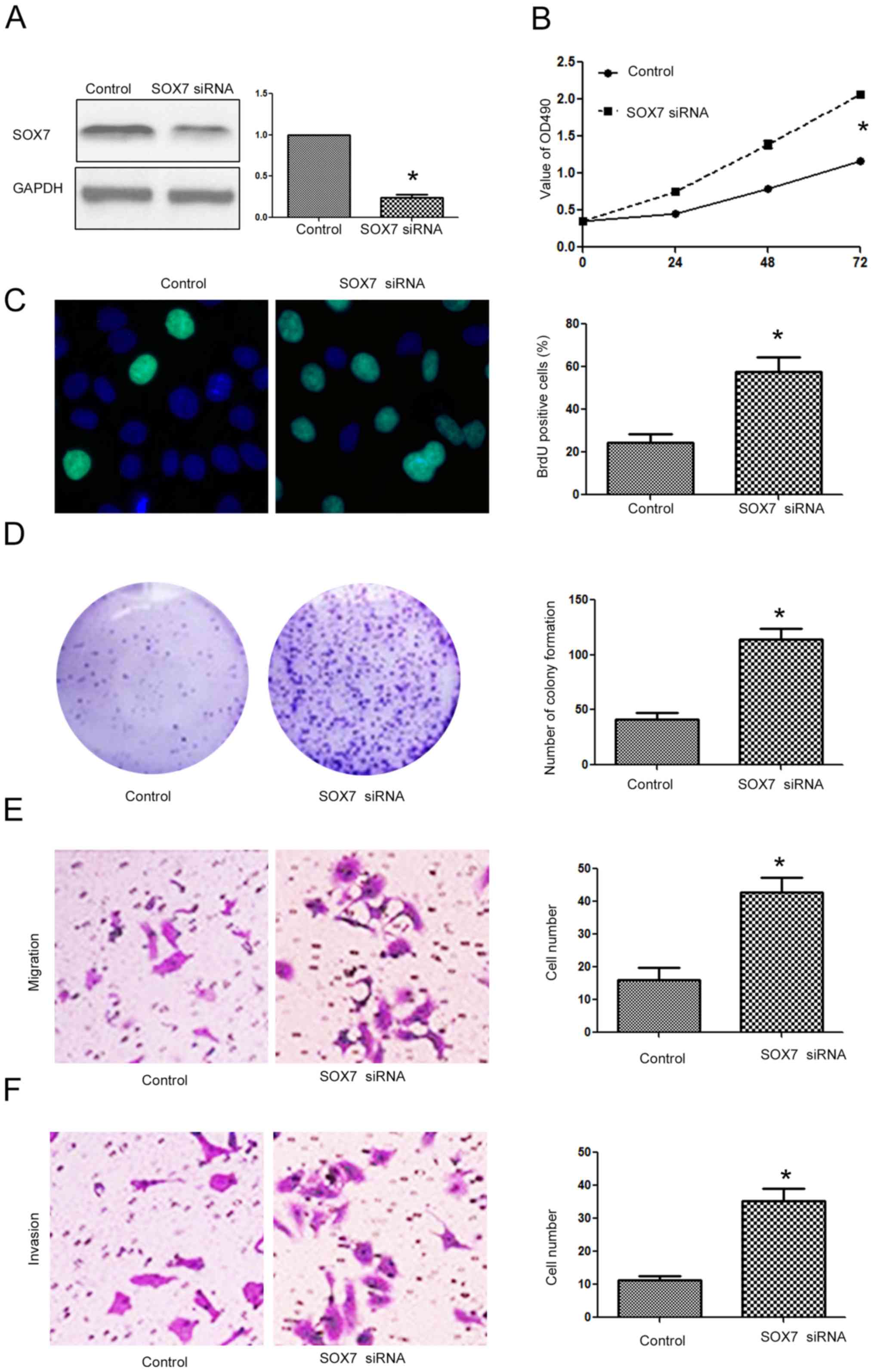|
1
|
Read WL, Page NC, Tierney RM, Piccirillo
JF and Govindan R: The epidemiology of bronchioloalveolar carcinoma
over the past two decades: Analysis of the SEER database. Lung
Cancer. 45:137–142. 2004. View Article : Google Scholar : PubMed/NCBI
|
|
2
|
Vrzalikova K, Skarda J, Ehrmann J, Murray
PG, Fridman E, Kopolovic J, Knizetova P, Hajduch M, Klein J, Kolek
V, et al: Prognostic value of Bmi-1 oncoprotein expression in NSCLC
patients: A tissue microarray study. J Cancer Res Clin Oncol.
134:1037–1042. 2008. View Article : Google Scholar : PubMed/NCBI
|
|
3
|
Maione P, Gridelli C, Troiani T and
Ciardiello F: Combining targeted therapies and drugs with multiple
targets in the treatment of NSCLC. Oncologist. 11:274–284. 2006.
View Article : Google Scholar : PubMed/NCBI
|
|
4
|
Yates LA, Norbury CJ and Gilbert RJ: The
long and short of microRNA. Cell. 153:516–519. 2013. View Article : Google Scholar : PubMed/NCBI
|
|
5
|
Ha M and Kim VN: Regulation of microRNA
biogenesis. Nat Rev Mol Cell Biol. 15:509–524. 2014. View Article : Google Scholar : PubMed/NCBI
|
|
6
|
Farazi TA, Hoell JI, Morozov P and Tuschl
T: MicroRNAs in human cancerMicroRNA Cancer Regulation. Springer;
pp. 1–20. 2013, https://doi.org/10.1007/978-94-007-5590-1_1
View Article : Google Scholar
|
|
7
|
Gregory RI and Shiekhattar R: MicroRNA
biogenesis and cancer. Cancer Res. 65:3509–3512. 2005. View Article : Google Scholar : PubMed/NCBI
|
|
8
|
Hampton T: MicroRNA and metastasis. JAMA.
298:1998. 2007. View Article : Google Scholar
|
|
9
|
Yu SL, Chen HY, Chang GC, Chen CY, Chen
HW, Singh S, Cheng CL, Yu CJ, Lee YC, Chen HS, et al: MicroRNA
signature predicts survival and relapse in lung cancer. Cancer
Cell. 13:48–57. 2008. View Article : Google Scholar : PubMed/NCBI
|
|
10
|
Calin GA and Croce Cm: MicroRNA signatures
in human cancers. Nat Rev Cancer. 6:857–866. 2006. View Article : Google Scholar : PubMed/NCBI
|
|
11
|
Zhang D, Zhou P, Wang W, Wang X, Li J, Sun
X and Zhang L: MicroRNA-616 promotes the migration, invasion and
epithelial-mesenchymal transition of HCC by targeting PTEN. Oncol
Rep. 35:366–374. 2016. View Article : Google Scholar : PubMed/NCBI
|
|
12
|
Ma S, Chan YP, Kwan PS, Lee TK, Yan M,
Tang KH, Ling MT, Vielkind JR, Guan XY and Chan KW: MicroRNA-616
induces androgen-independent growth of prostate cancer cells by
suppressing expression of tissue factor pathway inhibitor TFPI-2.
Cancer Res. 71:583–592. 2011. View Article : Google Scholar : PubMed/NCBI
|
|
13
|
Stovall DB, Wan M, Miller LD, Cao P,
Maglic D, Zhang Q, Stampfer MR, Liu W, Xu J and Sui G: The
regulation of SOX7 and its tumor suppressive role in breast cancer.
Am J Pathol. 183:1645–1653. 2013. View Article : Google Scholar : PubMed/NCBI
|
|
14
|
Wang C, Guo Y, Wang J and Min Z: The
suppressive role of SOX7 in hepatocarcinogenesis. PLoS One.
9:e974332014. View Article : Google Scholar : PubMed/NCBI
|
|
15
|
Wu GG, Li WH, He WG, Jiang N, Zhang GX,
Chen W, Yang HF, Liu QL, Huang YN, Zhang L, et al: Mir-184
post-transcriptionally regulates SOX7 expression and promotes cell
proliferation in human hepatocellular carcinoma. PLoS One.
9:e887962014. View Article : Google Scholar : PubMed/NCBI
|
|
16
|
Zhang Y, Huang S, Dong W, Li L, Feng Y,
Pan L, Han Z, Wang X, Ren G, Su D, et al: SOX7, down-regulated in
colorectal cancer, induces apoptosis and inhibits proliferation of
colorectal cancer cells. Cancer Lett. 277:29–37. 2009. View Article : Google Scholar : PubMed/NCBI
|
|
17
|
Cui J, Xi H, Cai A, Bian S, Wei B and Chen
L: Decreased expression of Sox7 correlates with the upregulation of
the Wnt/β-catenin signaling pathway and the poor survival of
gastric cancer patients. Int J Mol Med. 34:197–204. 2014.
View Article : Google Scholar : PubMed/NCBI
|
|
18
|
Li B, Ge Z, Song S, Zhang S, Yan H, Huang
B and Zhang Y: Decreased expression of SOX7 is correlated with poor
prognosis in lung adenocarcinoma patients. Pathol Oncol Res.
18:1039–1045. 2012. View Article : Google Scholar : PubMed/NCBI
|
|
19
|
Cho WC: MicroRNAs: Potential biomarkers
for cancer diagnosis, prognosis and targets for therapy. Int J
Biochem Cell Biol. 42:1273–1281. 2010. View Article : Google Scholar : PubMed/NCBI
|
|
20
|
Bartels CL and Tsongalis GJ: MicroRNAs:
Novel biomarkers for human cancer. Clin Chem. 55:623–631. 2009.
View Article : Google Scholar : PubMed/NCBI
|
|
21
|
Shen J, Stass SA and Jiang F: MicroRNAs as
potential biomarkers in human solid tumors. Cancer Lett.
329:125–136. 2013. View Article : Google Scholar : PubMed/NCBI
|
|
22
|
Calin GA and Croce Cm: MicroRNA-cancer
connection: The beginning of a new tale. Cancer Res. 66:7390–7394.
2006. View Article : Google Scholar : PubMed/NCBI
|















